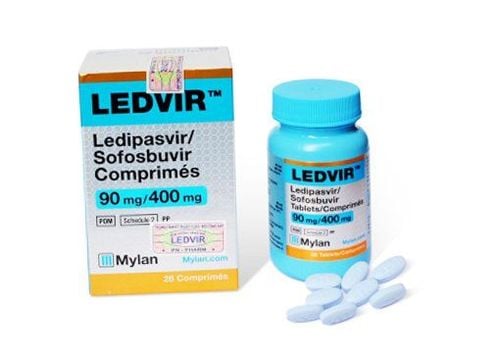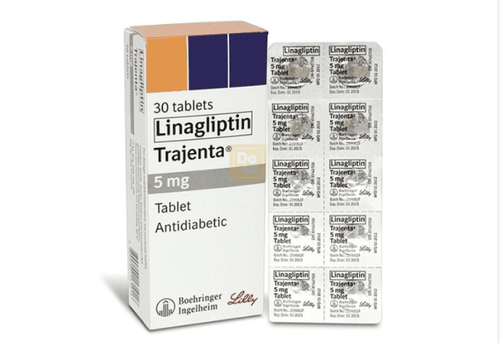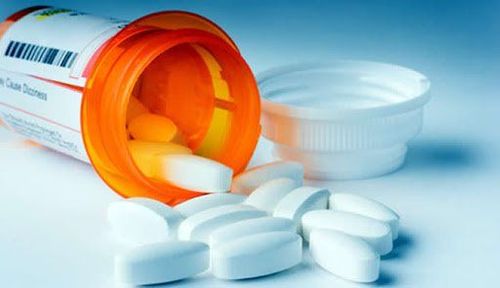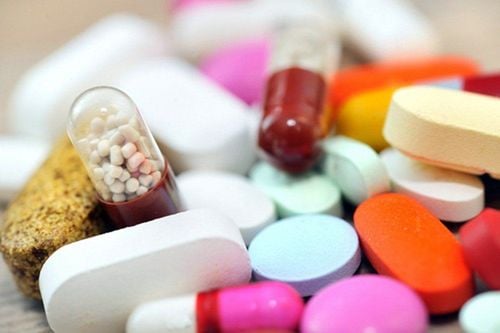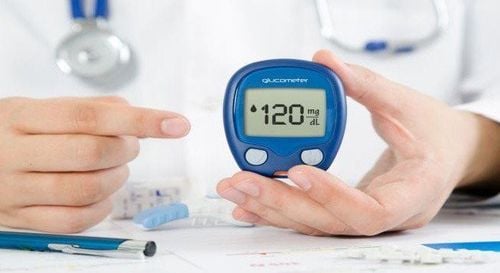This is an automatically translated article.
Blood sugar after eating is a value that reflects whether the body's sugar concentration increases or not after digesting certain foods, especially those that provide a lot of sugar for the body. . Some commonly performed tests to measure this level are measuring blood sugar 2 hours after eating or blood sugar 4 hours after eating.
1. Blood sugar after eating
Blood glucose index is the value showing the concentration of Glucose in the blood, which can change at many times of the day, especially after a meal because at this time the patient can load a certain amount of food into the body. If you eat foods containing sugar, it is possible that this index will increase.
The glycemic index is very important in the diagnosis, assessment and monitoring of people with diabetes. Foods with a high glycemic index will increase the glycemic index after eating. These contain fast-metabolizing glucose, which is quickly absorbed by the body. Therefore, after eating these foods, blood sugar rises very quickly and also decreases quickly afterwards, which is not good for the health of the patient.
On the contrary, low-glycemic index foods containing slow-metabolizing sugar will be better because the glycemic index after eating will increase slowly, and at the same time decrease more slowly, so it is maintained for humans. a stable source of energy and is not affected by the sudden increase or decrease in blood sugar, affecting many organs in the body, especially the brain.
For people with diabetes, it is recommended to eat foods with slow metabolism or low sugar content because it will help blood sugar be easier to control, and help lipid metabolism take place better in patients with diabetes. type 2 sugar.
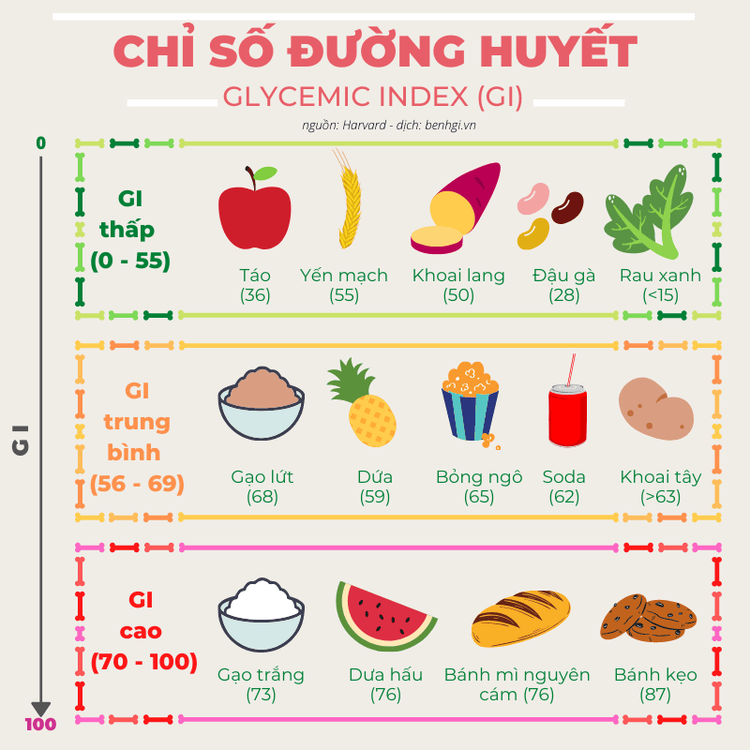
Những loại thực phẩm có chỉ số đường huyết cao sẽ làm tăng chỉ số đường huyết sau khi ăn
2. Blood sugar 2 hours after eating
Blood glucose tests are divided into the following forms:Random blood sugar : Blood samples can be taken at any time of the day. Fasting blood sugar: The patient has blood taken about 8 hours after a meal Postprandial blood sugar: The patient is assigned to drink 75g of Glucose, then take blood for blood sugar testing at the time points of blood sugar 2 hours after eating. , postprandial blood sugar 4 hours, 6 hours and 8 hours. HbA1c: Is the average blood sugar index for 3 months, with very high accuracy. Normal values of glycemic index vary with each subject:
With normal healthy people:
Random blood sugar: < 140mg/dl or 7.8mmol/l. Fasting blood sugar: <100mg/dl or <5.6mmol/l. Blood sugar 2 hours after eating: <140mg/dl or 7.mmol/l. HbA1c: < 5.7%. For people being treated for diabetes according to the 2015 ADA protocol:
Random blood sugar: <180mg/dl or 1mmol/l. Fasting blood sugar: 80 – 130mg/dl or <5.6mmol/l. Blood sugar 2 hours after eating: <180mg/dl or 10mmol/l. HbA1c: < 7%.
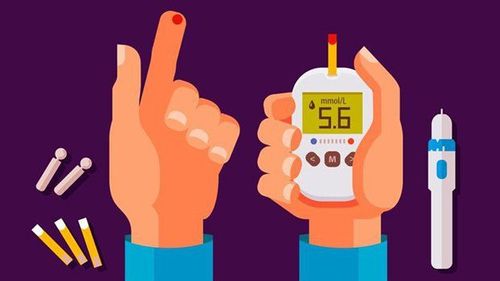
Giá trị đường huyết sau ăn 2 tiếng khác nhau với từng đối tượng đánh giá
3. Conclusion Postprandial blood sugar test is a test to assess the increase in blood glucose levels in normal people or people with diabetes, from which can promptly diagnose hyperglycemia or hypoglycemia and have appropriate handling.
Early diabetes screening can help people avoid more serious complications of the disease; including chronic hyperglycemia with damage to the eyes, kidneys, nerves, heart and blood vessels, increased risk of stroke, coronary heart disease, and peripheral vascular disease.
Vinmec International General Hospital is currently implementing a screening package for diabetes and dyslipidemia to help detect pre-diabetes early, accurately classify diabetes type, develop a nutritional regimen, monitoring to minimize the risk and complications caused by diabetes.
Please dial HOTLINE for more information or register for an appointment HERE. Download MyVinmec app to make appointments faster and to manage your bookings easily.




